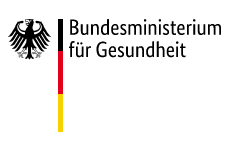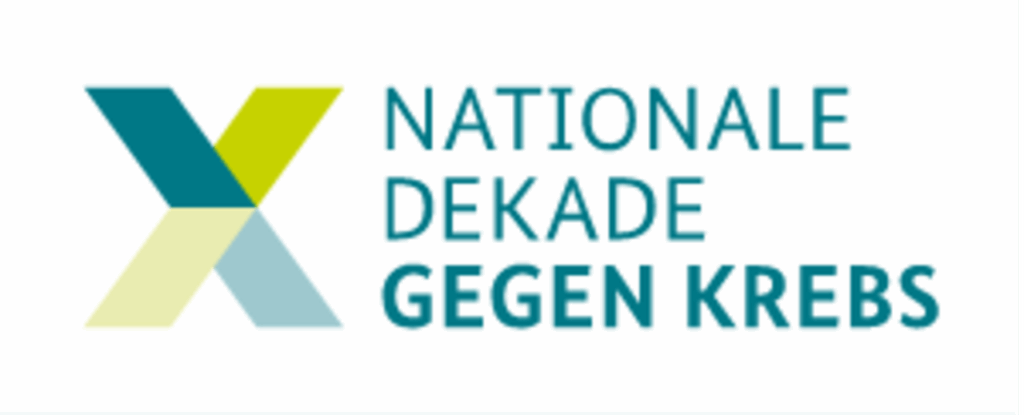
About the project
What happens after surviving cancer? Survivors have to deal with many consequences of the disease. However, they are often insufficiently informed about them. The „Optilater“ consortium, initiated by Prof. Uta Dirksen and Prof. Viktor Grünwald and coordinated by the WTZ Essen, aims to change this and improve the long-term care of cancer survivors throughout Germany. It is funded by the Federal Ministry of Health with around 2.3 million euros over three years. The consortium also includes researchers from the Medical Faculty of the University of Duisburg-Essen.
Aims and objectives
The consortium will conduct comprehensive studies to understand the current state of cancer survivorship care and what they would like to see added. What are the needs for care in the different age groups following a diagnosis of cancer? Depending on their age and background, how should they be communicated with? The aim is to work through these questions and establish a long-term programme for cancer survivors.Multidisciplinary teams from the consortium will analyse the current care of the focus groups. The analyses will include the identification of gaps in the current guidelines and will focus on the need for and use of support in the areas of nutrition, exercise, psycho-oncology, social medicine and specialist care. This will provide a basis for a culturally sensitive information and advice structure.
Participation
Register for participation by e-mail.

